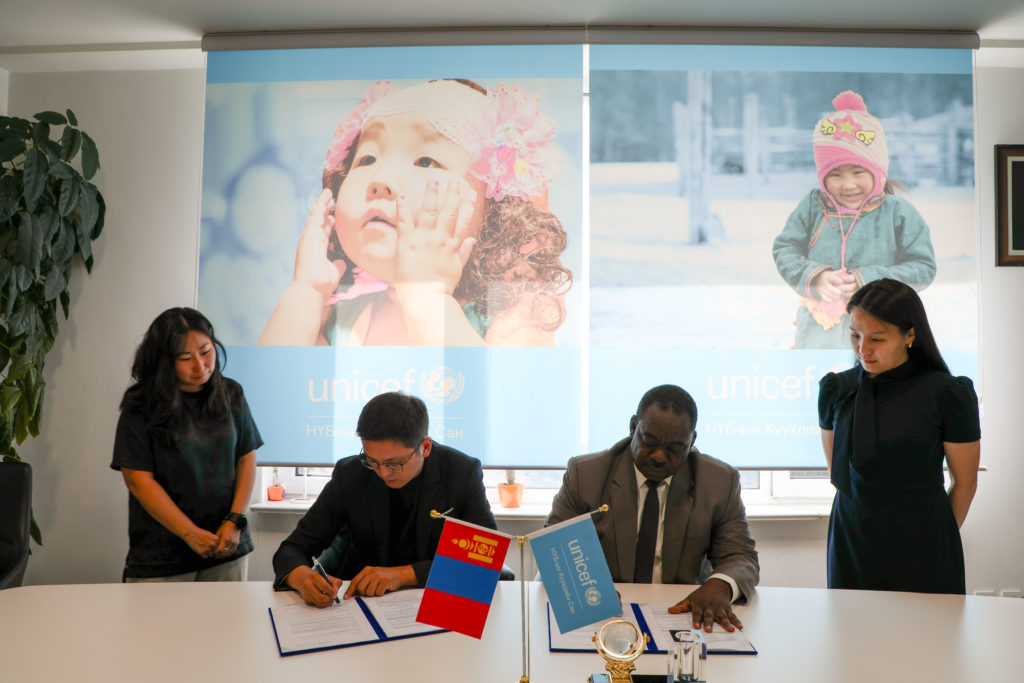Lorinet Foundation has signed an agreement with UNICEF Mongolia to support the country’s first National Baseline Study on Family-Friendly Policy Implementation. The study will collect and analyse data on how family-friendly policies are being applied in Mongolia, and where the biggest gaps remain.
What are Family-Friendly Policies
Family-friendly policies (FFPs) are workplace measures that help parents and caregivers balance earning a living with raising young children. They include childcare support, breastfeeding-friendly workplaces, flexible work arrangements, and paid parental leave—alongside other measures that give parents time, resources, and services to care for their children. The benefits go far beyond families—businesses see stronger productivity and employee retention, while society benefits from healthier children, greater gender equity, and sustainable economic growth.
Why We Invest
This investment aligns with Lorinet Foundation’s focus on supporting both young childrenand their caregivers, particularly mothers, who are most affected by the lack of affordable quality childcare and supportive workplace policies.
Today, many families in Mongolia struggle to balance work and caregiving. The burden falls heavily on mothers, who spend over three times more hours on unpaid care work than men, limiting their ability to take up stable and well-paid jobs.
At the same time, access to early childhood services is uneven: while about two-thirds of 2–4-year-olds attend kindergarten nationally, less than a third from the most underserved and socio-economically vulnerable families can do so. Without stronger FFPs, many parents must choose between going to work and giving their children the care they need most.
What the Study Will Achieve
The baseline study will provide Mongolia with its first national evidence base on FFPs. With this data, policymakers can strengthen national frameworks and regulations, while businesses can adopt more family-friendly workplace practices. Above all, the evidence-based advocacy efforts will help pave the way for young children to receive the care they need in their earliest years, while enabling women—especially young mothers—to access improved opportunities to participate in the workforce.

